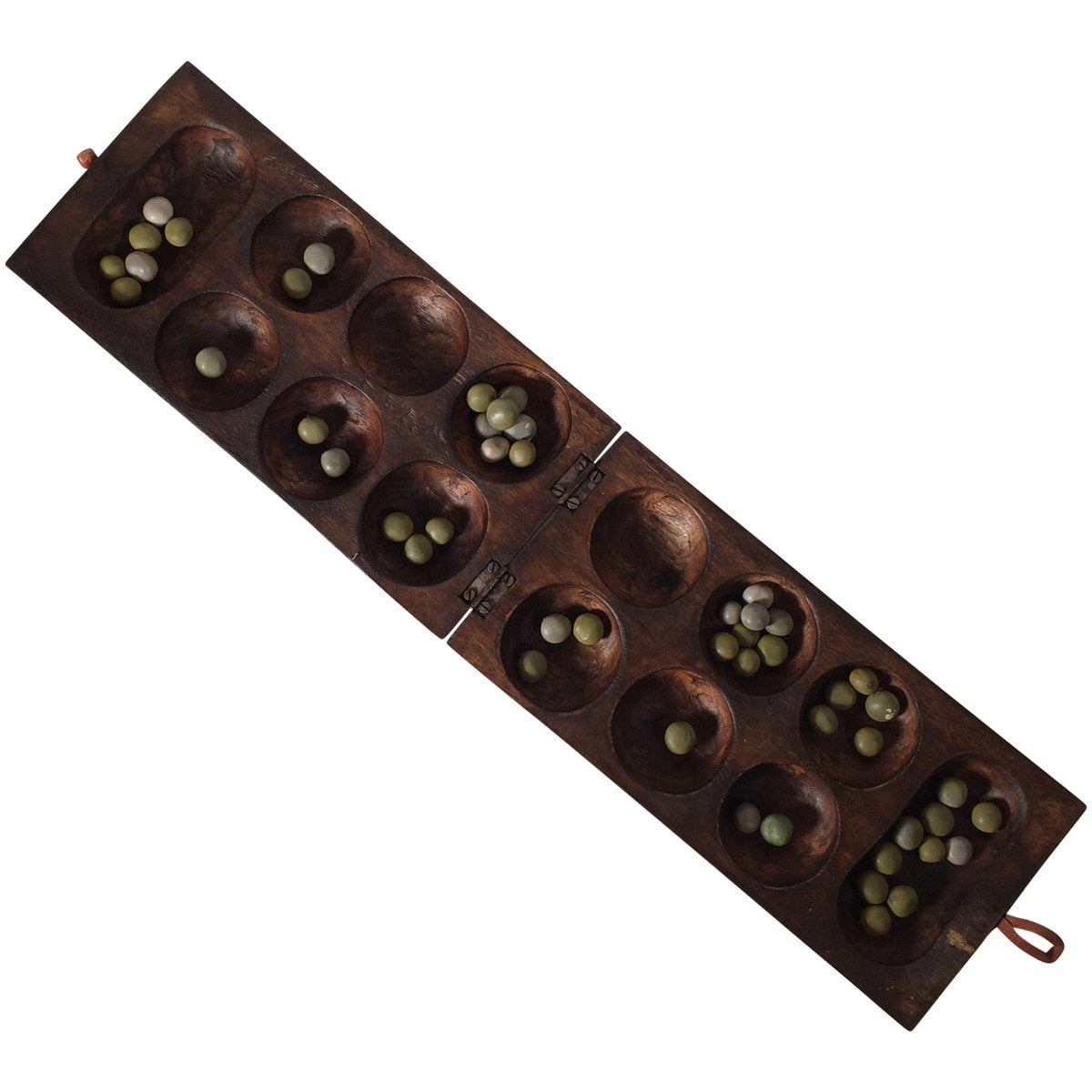
This has prompted a discussion about seed provenance strategies that maximize the resilience of restoration plantings to the effects of projected climate change ( Broadhurst et al., 2008 Sgrò et al., 2011 Breed et al., 2013 Prober et al., 2015 Hodgins and Moore, 2016). Concomitantly, there is increasing awareness of the threat anthropogenic climate change poses to this investment, and the need to explicitly consider and manage the risk through strategies such as the managed translocation of germplasm within (assisted gene flow) or outside (assisted migration) current species ranges ( Erwin, 2009 Aitken and Whitlock, 2013 Lunt et al., 2013). Worldwide, ecological restoration is being used to mitigate environmental degradation, with global annual investment surpassing $US 2 trillion ( Aitken and Whitlock, 2013 Williams et al., 2014). We advocate that, in the context of rapid climate change, the climate-adjusted provenance is a promising approach to seed sourcing in ecological restoration, and we suggest its refinement in a way that hedges against uncertainty in climatic projections. This approach should be used in the early stages of the restoration project to help frame the decision-making process in a climate change context, and can also be used as a platform where other lines of evidence are integrated. It offers an easily accessible desktop method that land managers and practitioners can use to gain insight: (1) on the overall spatial implications of projected climate change to their restoration project (2) whether assisted gene flow through climate-adjusted provenance may be appropriate for a given species at a given restoration site and (3) how far away and in which direction from the restoration site seeds should be collected from. The approach takes advantage of the increasing availability and refinement of user-friendly web-based GIS interfaces that allow non-experts to directly access biodiversity and environmental data, and build species distribution models. We propose an approach that aims to support the decision-making process for seed provenance selection in ecological restoration when clear genetic-based guidelines for seed transfer are not available.

There is increasing awareness that the long-term success of ecological restoration efforts can be compromised if projected climate change is not effectively incorporated in restoration planning.


1Science and Conservation Division, Western Australian Department of Biodiversity, Conservation and Attractions, Bentley, WA, Australia.Ramalho 1,2 *, Margaret Byrne 1 and Colin J.


 0 kommentar(er)
0 kommentar(er)
